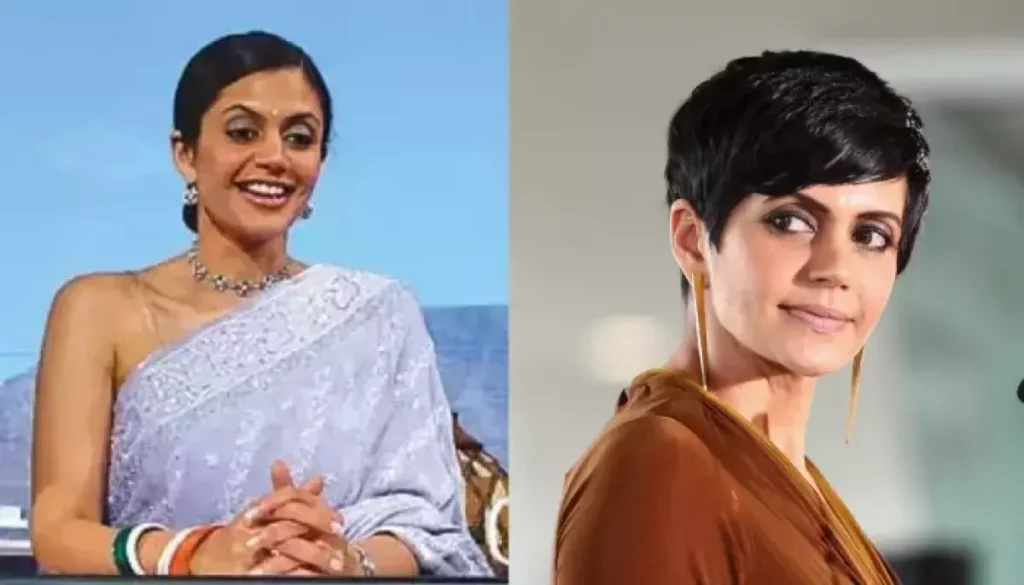
Mandira Bedi has donned many hats in her decades-long career. From being a television icon and a spectacular host, she has conquered the world of cinema as well as sports broadcasting. The actress impressed everyone by stepping into the world of cricket broadcasting during the 2003 World Cup. While millions of women drew inspiration from Mandira to take over traditionally male-dominated professions, for the actress, it was not a smooth transition but rather gruelling.
Mandira Bedi recalls her experience as a cricket broadcaster
Best known at the time for her roles in Shanti and Dilwale Dulhania Le Jayenge, Mandira found herself at the centre of scrutiny when she stepped in as a cricket broadcaster in the 2003 World Cup, surrounded by cricketing legends who didn’t quite know what to make of her presence. In a recent conversation with Yuvaa, Mandira recalled:
“I felt dismissed, and I felt disrespected. I felt powerless, and I felt like, ‘I don’t know what am I doing here’. I questioned myself and belittled myself saying, ‘It must be me’.”
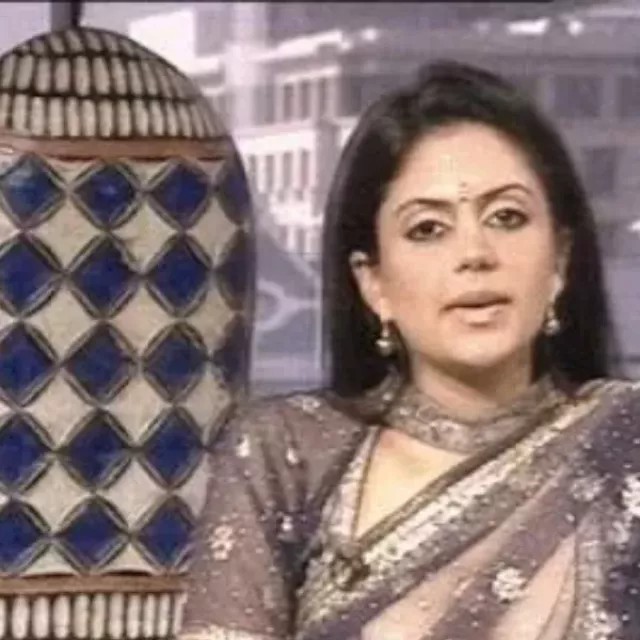
Mandira went on to explain how, despite being roped in specifically to lend a fresh voice and ask questions that the common viewer might wonder while watching the match, her inputs were largely brushed aside. Cricketing legends would either ignore her questions or downplay them, making her feel invisible, which took a toll on her emotions. In a chat with Kareena Kapoor Khan in What Women Want, Mandira mentioned that the only legend who stood out for his grace was Kareena’s father-in-law and former Indian captain, Mansoor Ali Khan Pataudi, who was respectful towards her.
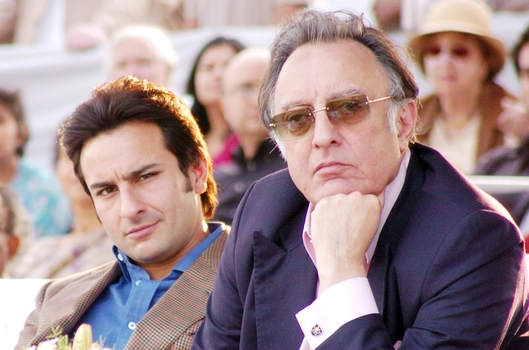
By the second week of the match, Mandira found her footing, as well as her voice. She refused to let male panelists butcher capabilities anymore. As she took her stand, the vibes began to change for the better. Mandira shared:
“Somewhere along the way, when I realised that there’s no pressure on me and nothing is off the table and I need to ask what I want to ask, whatever question is in my head could be a question in somebody else’s head, nothing is off the table and if someone disrespects me, I will repeat that question till they give me an answer, and everything changed. The dynamic changed. And literally, after one week of being in absolute hell, when I realised that, ‘You know what, it’s life and I am sitting in the presenter’s chair and I am the one who is supposed to ask the questions, I am going to ask them’.”
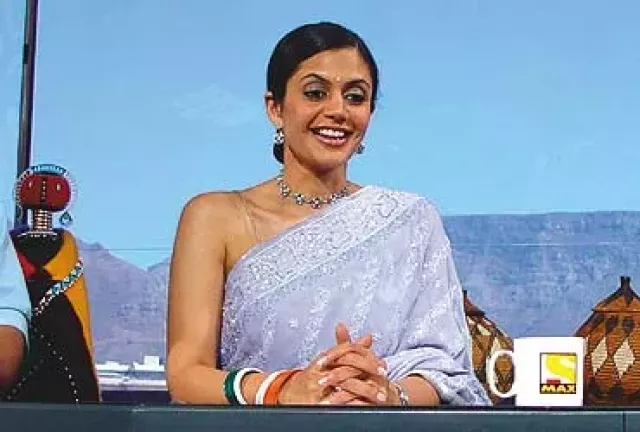
Have the dynamics changed now?
More than two decades have passed since Mandira’s terrible experience as a female cricket broadcaster. Now, the question arises of whether the situation is any different today. According to Mandira, the space is still pretty much the same and hasn’t evolved much, as outsiders are still treated differently. Speaking to Yuvaa, Mandira Bedi remarked:
“When you say it was a boys’ club, it still is a boys’ club. I did a tournament recently. Things have changed, but not completely. Anyone who is on the outside, whether she has any knowledge of the game or not, they will be given a certain treatment. You have to be able to hold your own. You have to believe in yourself and keep it going.”
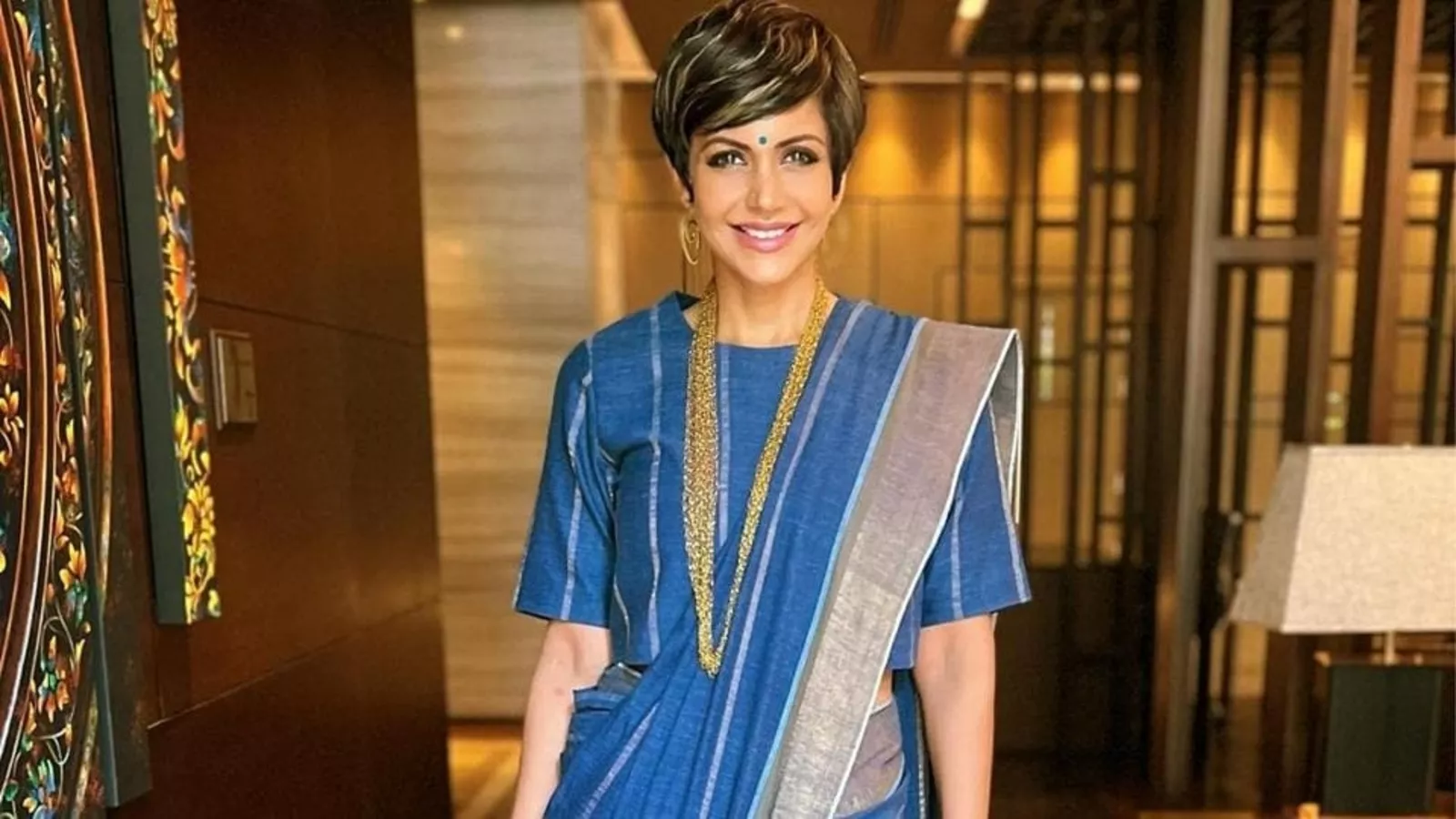
Mandira Bedi facing discrimination highlights the ongoing issues of inclusion in Indian sports media. What is your take on this?
Read Next: Rohit Sharma’s New Born Son Takes Peaceful Nap On Papa’s Shoulders, Fans Are In Awe Of Their Bond


